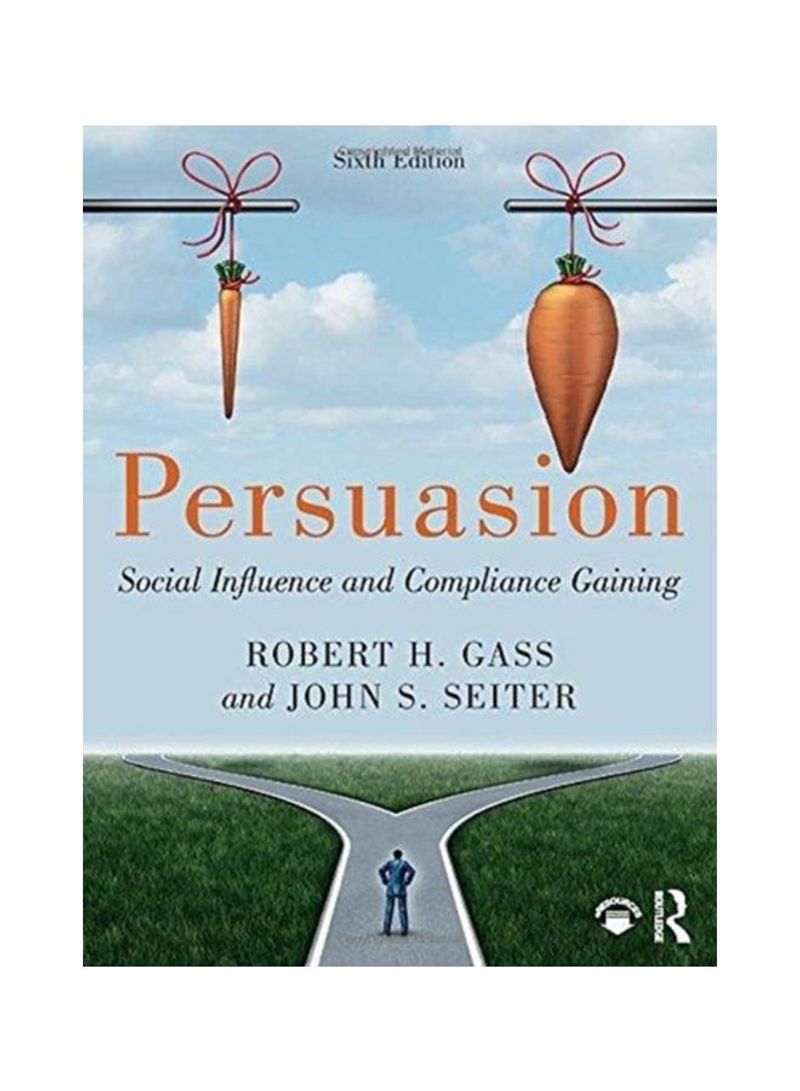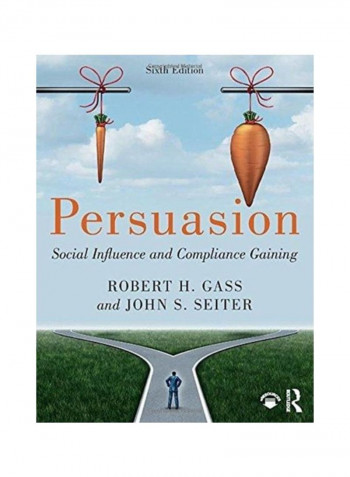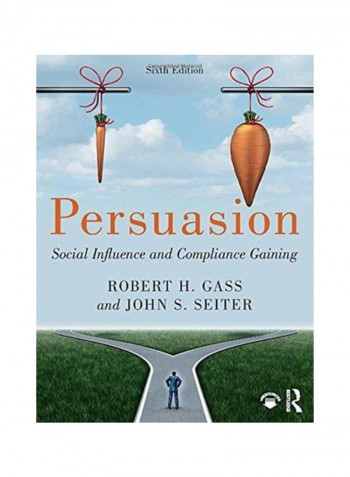Persuasion: Social Influence And Compliance Gaining Paperback 6
Recommend
Sort by
Rating
Date
Specifications
Grade
New
Author 1
John S Seiter
Book Description
Now in its sixth edition, Persuasion: Social Influence and Compliance Gaining continues to boast an accessible voice and vibrant aesthetic that appeals to undergraduate students of communication, psychology, advertising, and marketing. In addition to presenting established theories and models, this text encourages students to develop and apply general conclusions about persuasion in real-world settings. Along the way, students are introduced to the practice of social influence in an array of contexts (e.g., advertising, marketing, politics, interpersonal relationships, social media, groups) and across a variety of topics (e.g., credibility, personality, deception, motivational appeals, visual persuasion). The new edition features an expanded treatment of digital and social media, up-to-date research on theory and practice, and enhanced discussions of topics such as political campaigning, emotional marketing, olfactory influence, and ethics.Instructors can also use the book's downloadable test bank, instructor's manual, and PowerPoint slides in preparing course material.
ISBN-10
1138630616
ISBN-13
9781138630611
Language
English
Publisher
Taylor & Francis Ltd
Publication Date
04 Apr 2018
Number of Pages
450
About the Author
Robert H. Gass is Professor Emeritus of Communication Studies at California State University, Fullerton, USA.John S. Seiter is Professor in the Department of Languages, Philosophy, and Communication Studies at Utah State University, USA.
Author 2
Robert H Gass
Edition Number
6
Editorial Review
The sixth edition of Persuasion: Social Influence and Compliance-Gaining continues to present persuasion concepts and theory in a comprehensive and engaging fashion. It is clear why this text is a leader in the discipline as it is both comprehensive and accessible to students. The sixth edition adds important material on digital and online persuasion which expands its' impact in explaining contemporary persuasion.Andrew S. Rancer, Ph.D., University of Akron, USA



